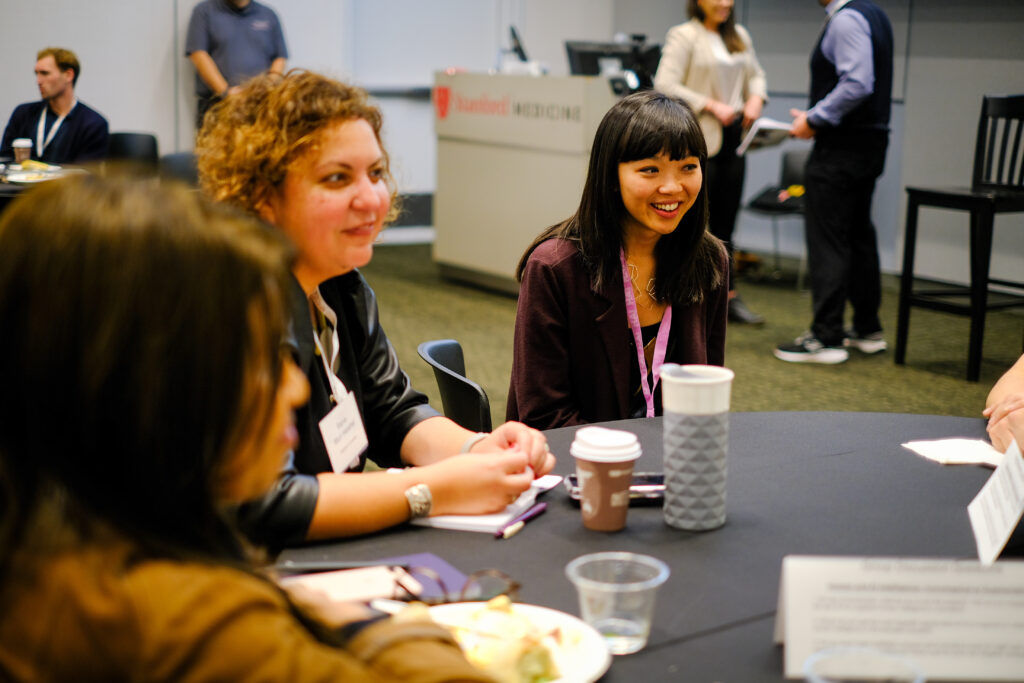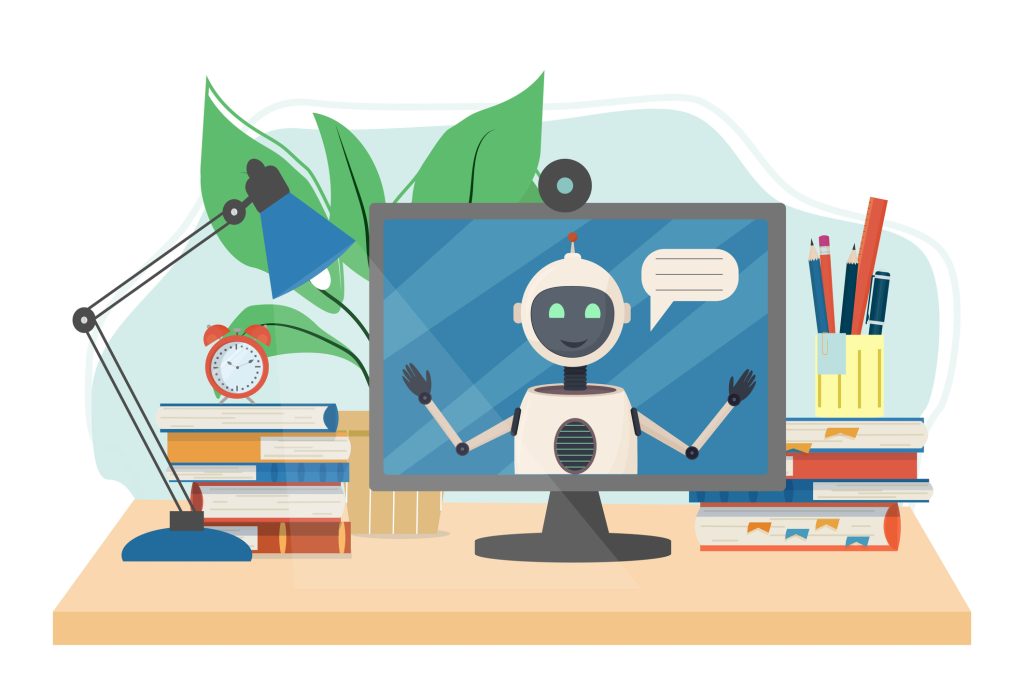Overview
From generative AI platforms to adaptive learning programs and more precise feedback, AI is rapidly changing opportunities in teaching and learning. The use of AI in learning is also sparking challenging questions about what is taught and how and what kind of data needs to be collected.
The Stanford Accelerator for Learning is leaning into this space by providing new research, learning, and convening opportunities that bring together talent from across education, science, and technology to chart an ethical, informed, and exciting path for the future.
Faculty Lead

Victor Lee
Associate Professor
Research team
Catherine Chase
Research Director
Latest updates

What Can AI Offer Teachers?

What do AI chatbots really mean for students and cheating?

Designing natural language processing tools for teachers
Funding opportunities
Generative AI is artificial intelligence that can generate novel content by using existing text, audio files, or images. Generative AI has now reached a tipping point where it can produce high quality output that can support many different kinds of tasks. For example, ChatGPT can write essays and code, DALL-E can create images and art, while other forms of generative AI can produce recipes, music, and videos. These new forms of generative AI have the capacity to change how we think, create, teach, and also learn.
In partnership with the Institute for Human-Centered Artificial Intelligence (HAI), this seed grant funds early and exploratory stages of research on AI and education, such as designs, prototypes, and pilot studies that may have the potential to scale or have broad impact in the future.

Generative AI for the Future of Learning
Resources for Educators
The Stanford Accelerator for Learning works with educators to facilitate the exchange of information and bridge the gap between research and practice. Educators help inform AI researchers and developers about PK-12’s challenges. They also suggest new areas of research and development to help address critical needs within the education system.
AI and Teaching Writing Design Workshop (Spring/Summer 2022)
Over two sessions, learning and design experts with the Stanford Accelerator for Learning discussed how recent advances in AI language generation and understanding capabilities can help students become more skilled readers and writers.
Exploring Generative AI Tools in Classrooms Workshop (Winter 2023)
The Stanford Accelerator for Learning and the Stanford d.school brought educators together in an interactive conversation to elevate key possibilities, questions and concerns sparked by ChatGPT. The virtual session asked how generative AI can advance teaching and learning in an ethical, equitable, and safe manner. The input and ideas shared by educators will be critical in shaping future research and design in service of teaching and learning. Read key takeaways from the workshop here.
Curricular Resources Project
The Curricular Resources about AI for Teaching (CRAFT) project brings together researchers and educators to co-create resources to teach AI literacies in high school.
